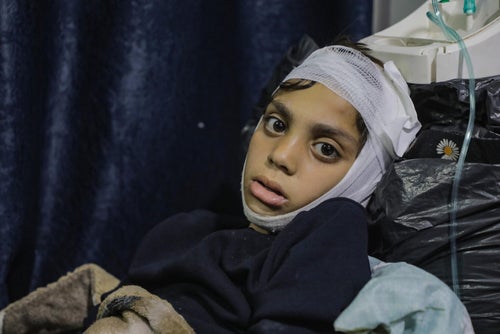In recent weeks, a series of devastating floods have struck several countries, displacing hundreds of thousands of families. In places like Afghanistan, Brazil, Burundi, Ethiopia, Kenya, Rwanda, Somalia, and Tanzania, entire communities, lives, and livelihoods have been swept away.
From violent conflicts to natural disasters, UNICEF is always there for children before, during and after emergencies. Thanks to the generosity of people like you, we’re on the ground responding to disasters like these and providing crucial support to children and families in need.
Afghanistan
Starting on 10 May, flash floods swept through northeastern Afghanistan, resulting in the tragic loss of nearly 350 lives, including at least a dozen children. Over 5,000 families found themselves displaced as their homes were destroyed or severely damaged.
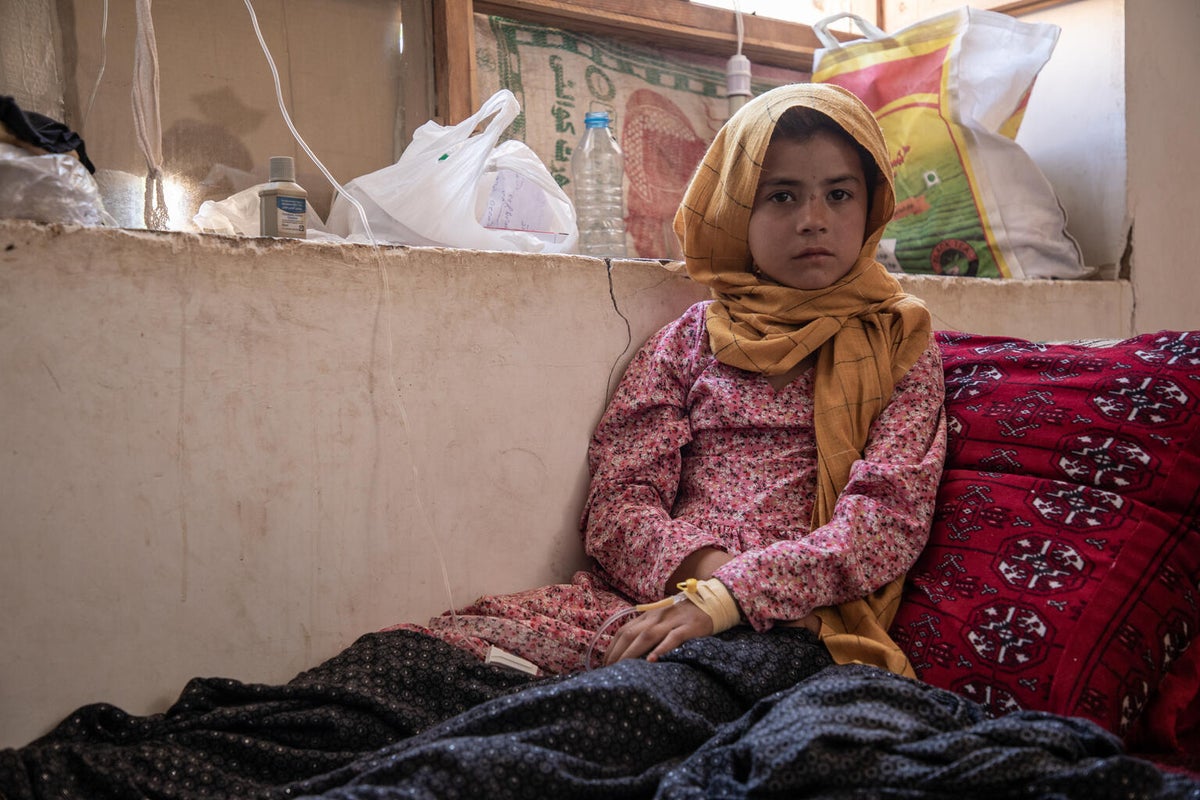
Hajera, 11, faced unimaginable hardship when the floods struck. Many people, including her family, lost their entire homes, and are now living in tents provided by UNICEF or are living in a small room in their neighbour’s house. Hajera urgently needed medical care as her lungs had filled with fluid during the floods, leaving her struggling for breath. Now, she has found refuge in her neighbour’s home, where she can begin her recovery.
"The flood took everything we had, including my books and notebooks and I cannot go to school without them."
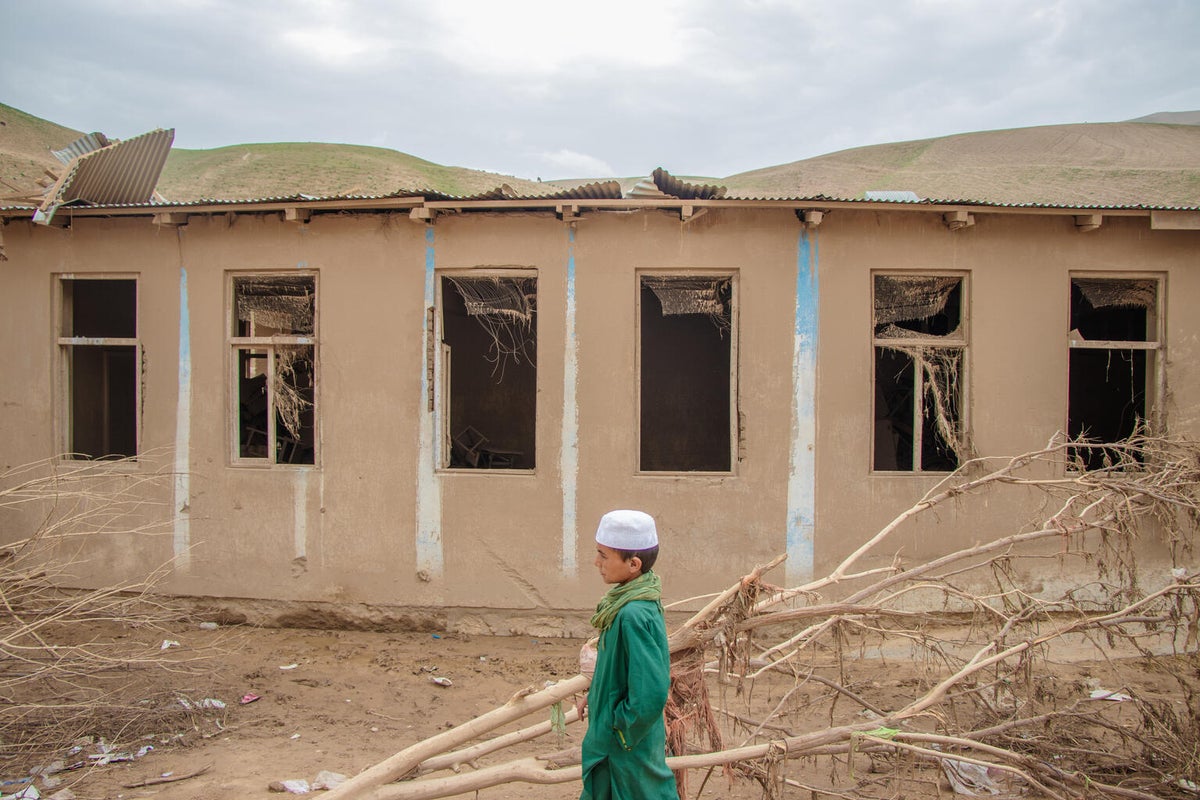
In the wake of the devastating floods, schools across the region – including this one in Baghlan Province – have faced closures. For children, education is the key to a brighter future, but natural disasters can disrupt their learning journey, especially when they’re displaced or living in poverty.
UNICEF is on the ground in affected areas supplying learning supplies and creating safe spaces where children can continue their education and also have somewhere to play.
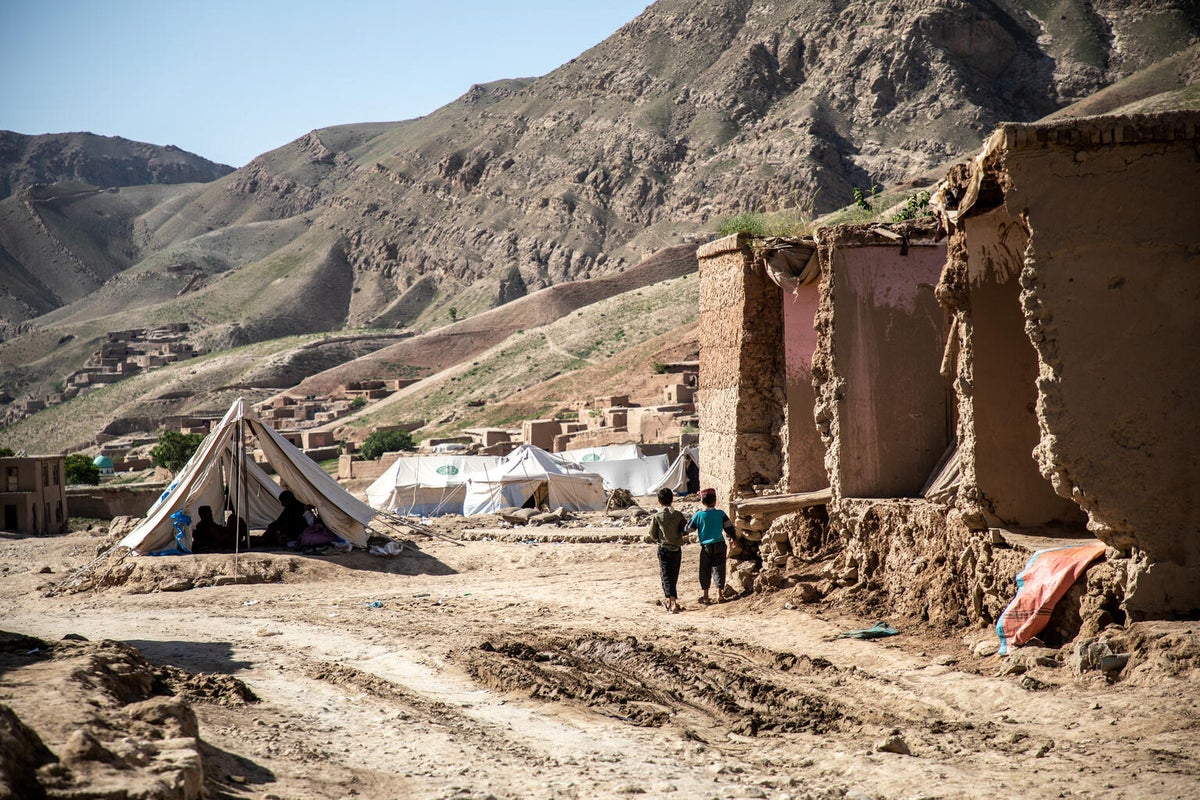
Burundi
Burundi, a land locked country in east Africa, faces enormous and complex challenges and is one of the most climate-vulnerable countries in the world. Sadly, the humanitarian situation in Burundi has become even more challenging due to relentless heavy rainfall in the country since October 2023. Amplified by the El Niño weather phenomenon, these rains have unleashed severe flooding that has destroyed almost 20,000 homes and displaced over 98,000 people.
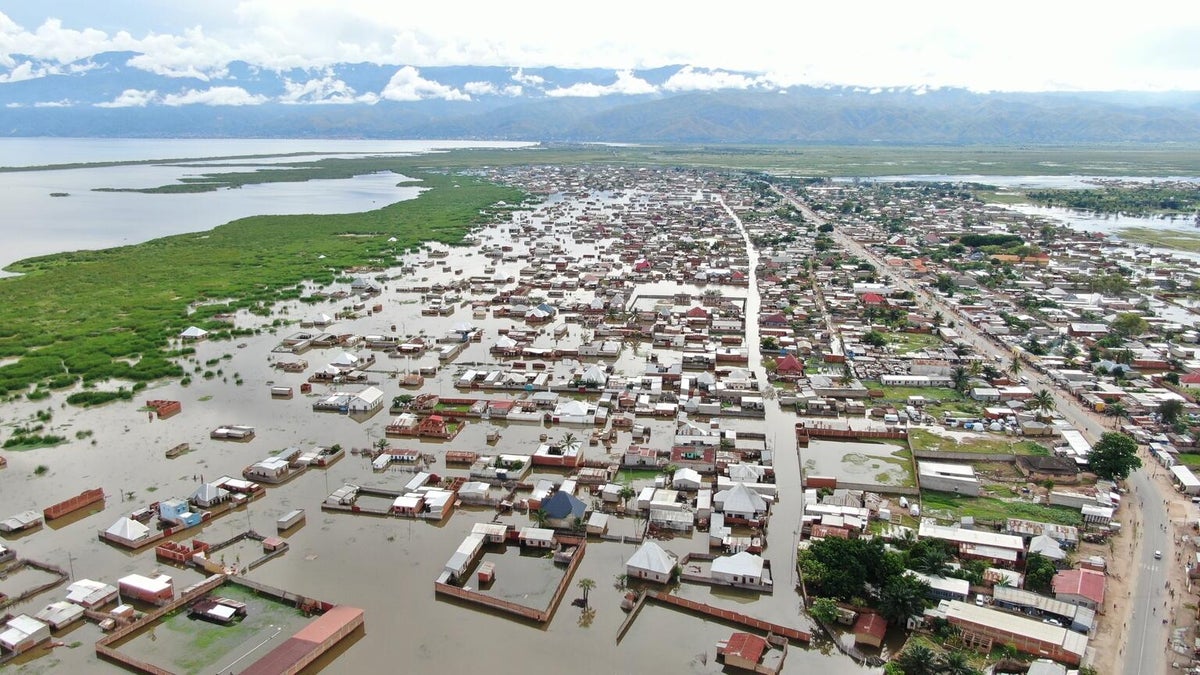
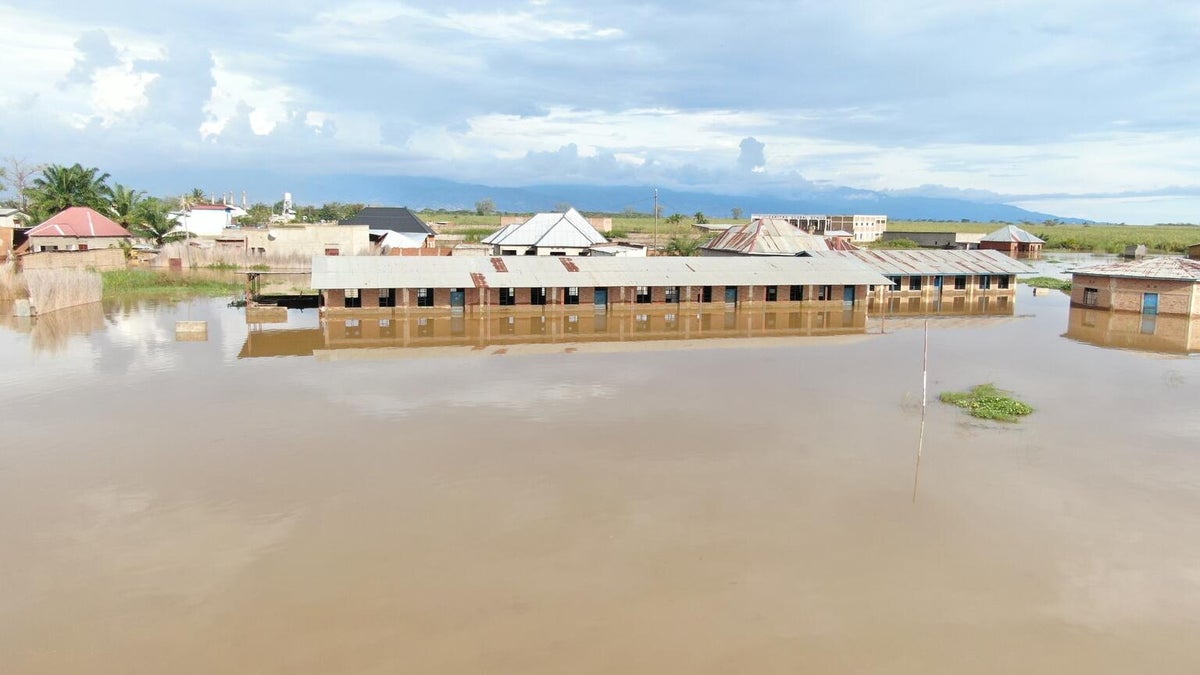
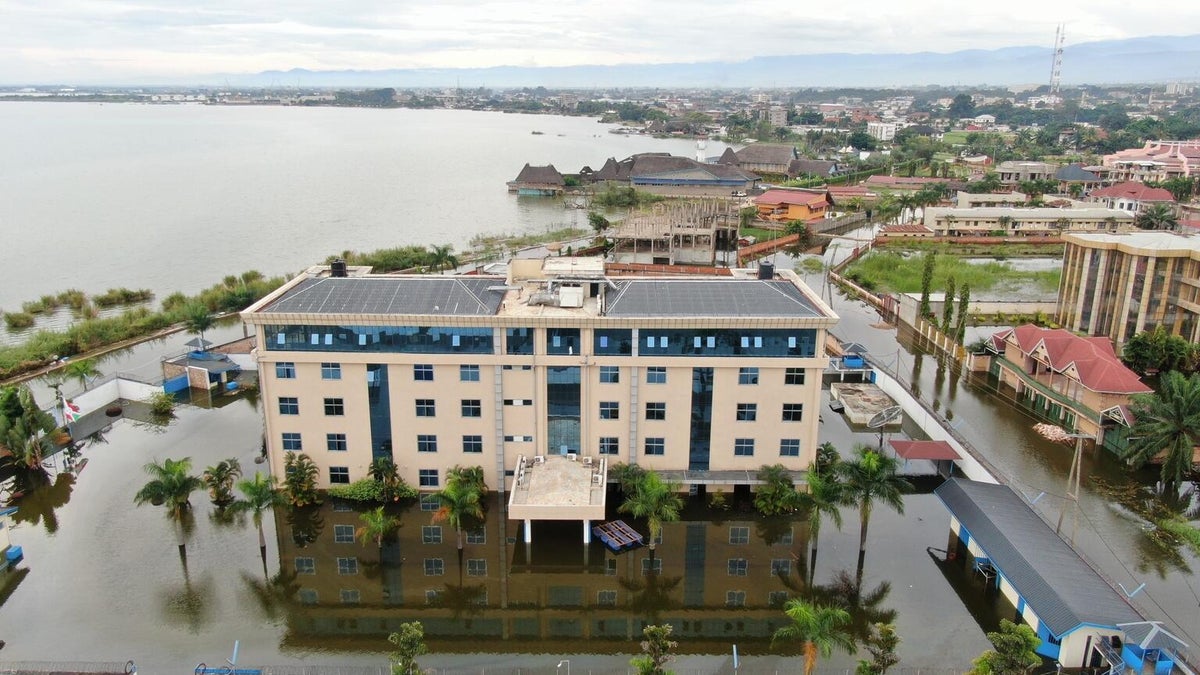
UNICEF Australia Ambassador Adam Liaw, who visited Burundi with UNICEF last year, is raising much-needed funds for flood-affected communities in Burundi.
"The kind and warm hospitality of the people I spent time with in Burundi made this one of the best, most heartwarming places I've been to. Six months later, some of the places I visited have been completely destroyed by flooding, in the wake of El Niño. The situation is only going to worsen, with rain expected to last until June."

Tanzania
Close to Burundi, Tanzania has faced its own share of adversity since April 2024 due to the same El Niño rains. Severe floods and landslides have swept across 18 regions, leaving a trail of destruction in their wake. More than 160 lives have been lost, and over 200,000 people – including countless children – have been displaced.
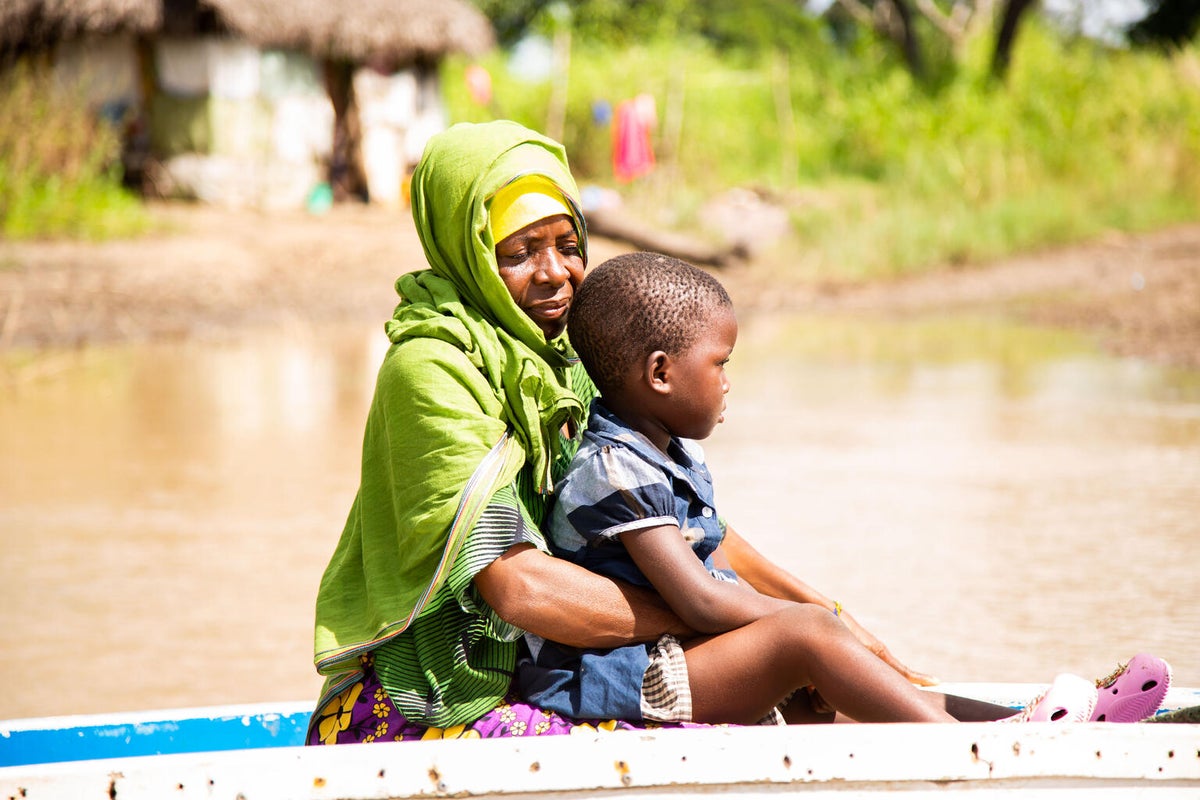
UNICEF has been working alongside the government and other partners to reach children and families affected by the crisis, distributing mattresses, blankets, sleeping bags, and essential water, sanitation and hygiene (WASH) supplies including water purification tablets, water tanks, buckets, and soap. These small comforts make a world of difference to those who have lost everything.
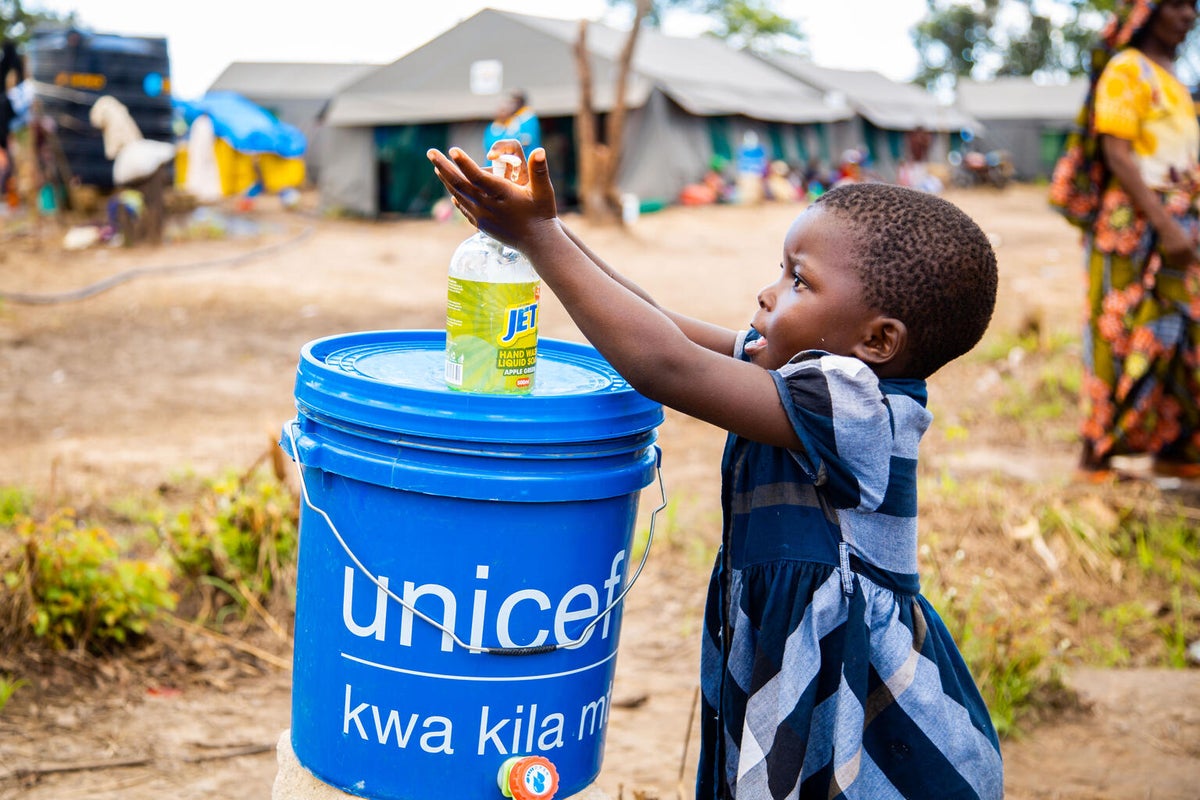
Thanks to the kindness of people like you, UNICEF provided flood-affected communities in Tanzania with educational supplies and recreation kits for learning in temporary shelters. These child-friendly spaces offer a safe environment where children can learn, play, and simply be kids.
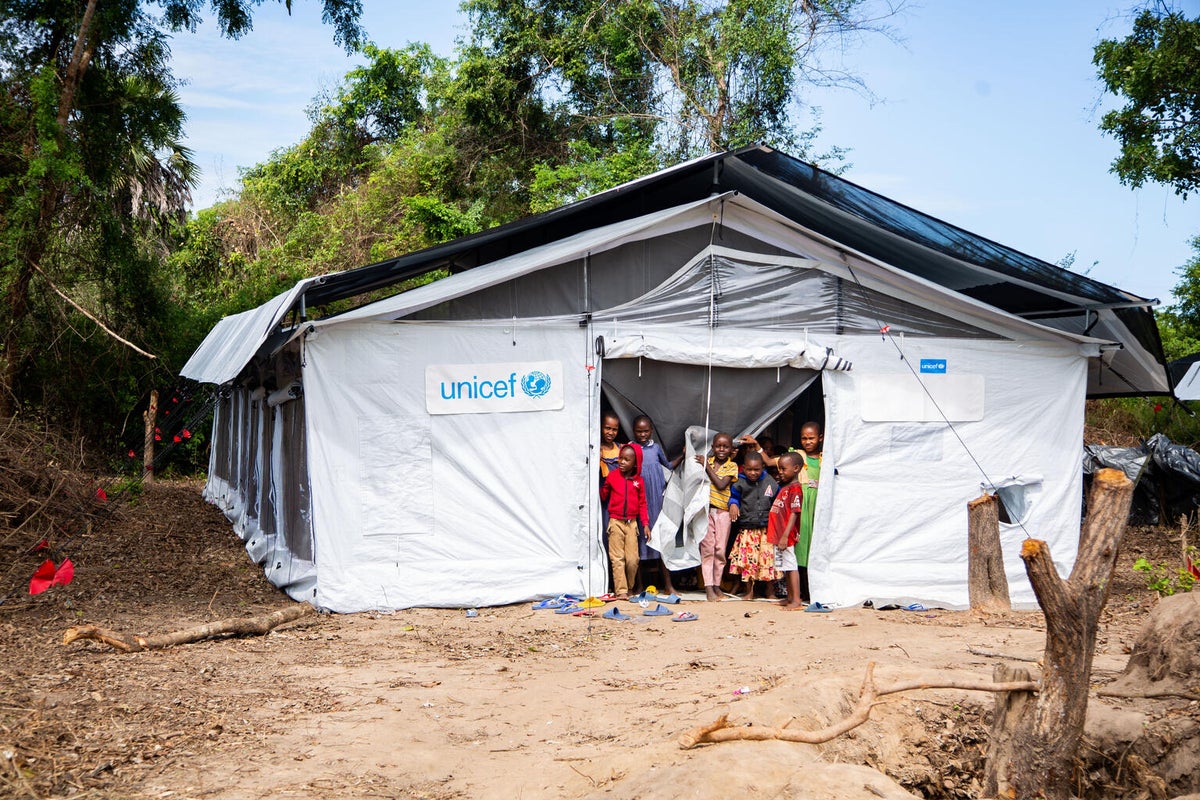
Kenya
Communities in Kenya have also been submerged by floodwaters following torrential rains. At least 219 people have been killed while more than 200,000 people have been displaced by flooding across the country. More than half of displaced households are in Nairobi County, where urban informal settlements have borne the brunt of the disaster.
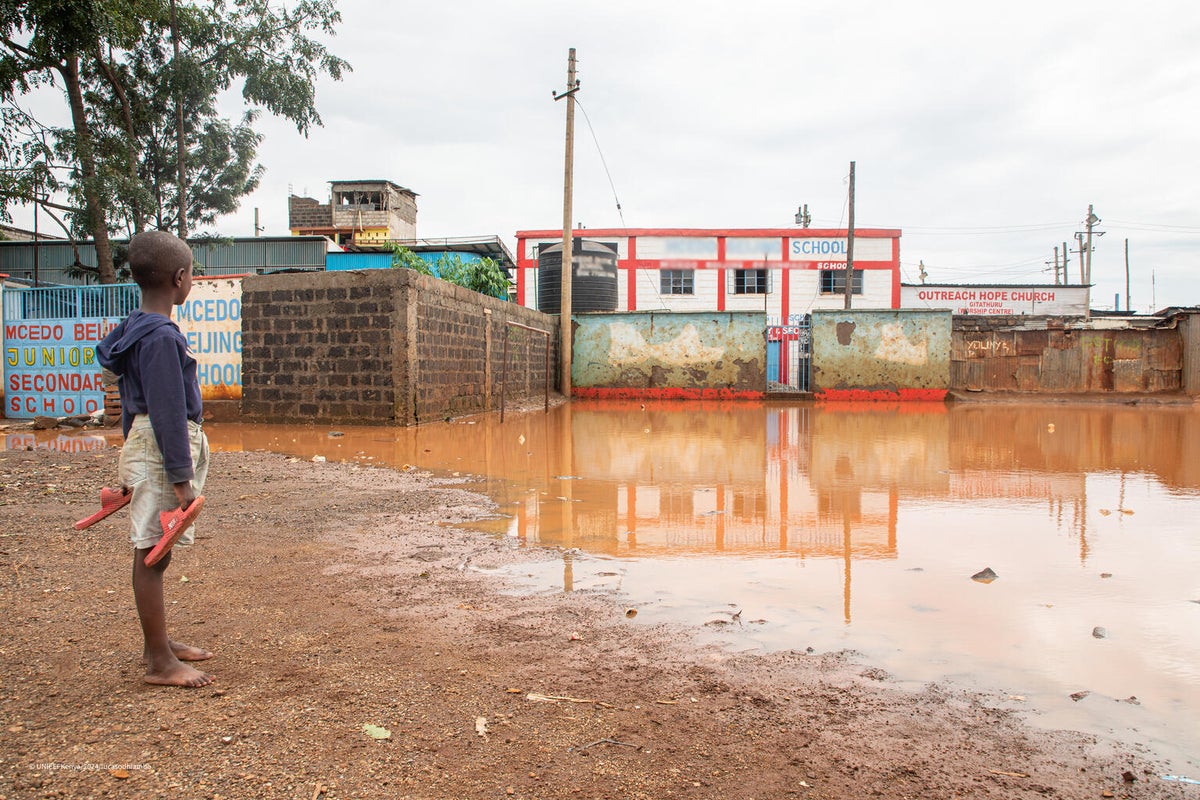
The disaster in Kenya has had a huge impact on children’s education. Nearly 2,000 schools across the country were damaged or destroyed by the floods. Schools that were due to reopen at the end of April for the second term of 2024 have now been postponed indefinitely.
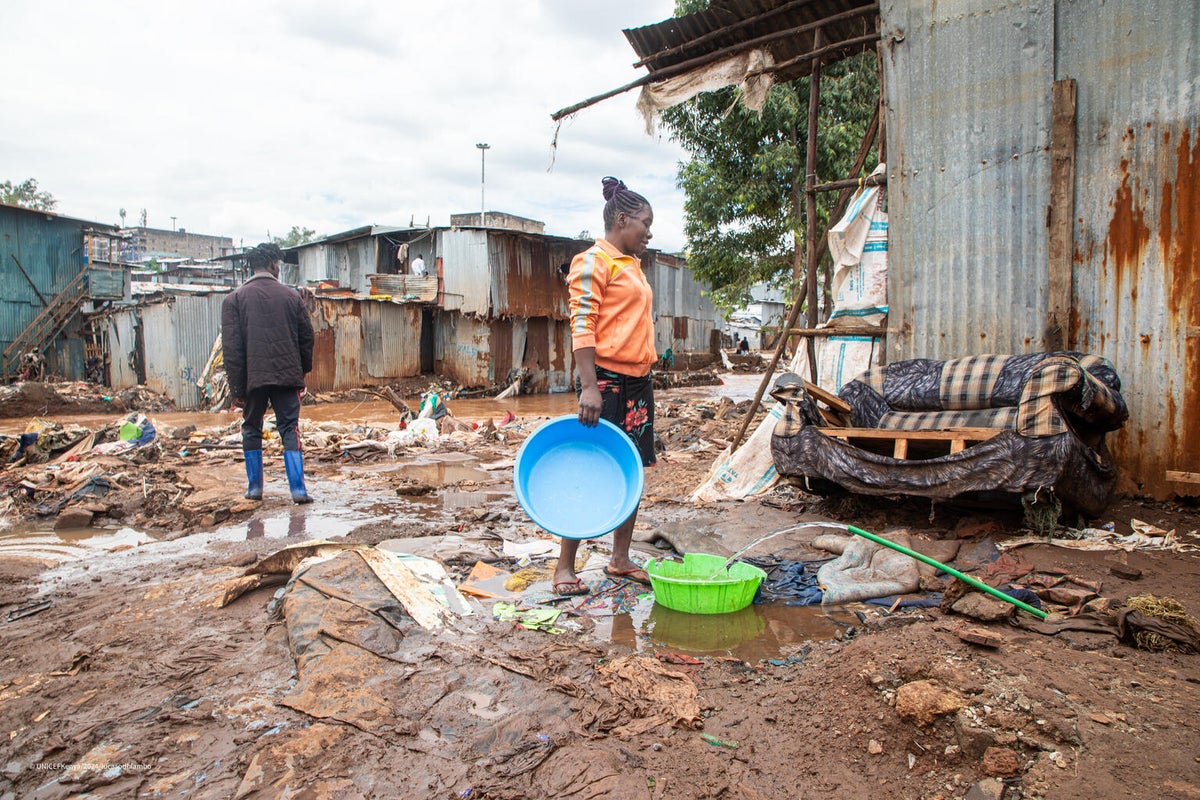
The floods have also unleashed a new threat: cholera. This disease, transmitted by contaminated water or food, has hit children the hardest, with 47 per cent of the latest cases involving children aged between one and 10 years.
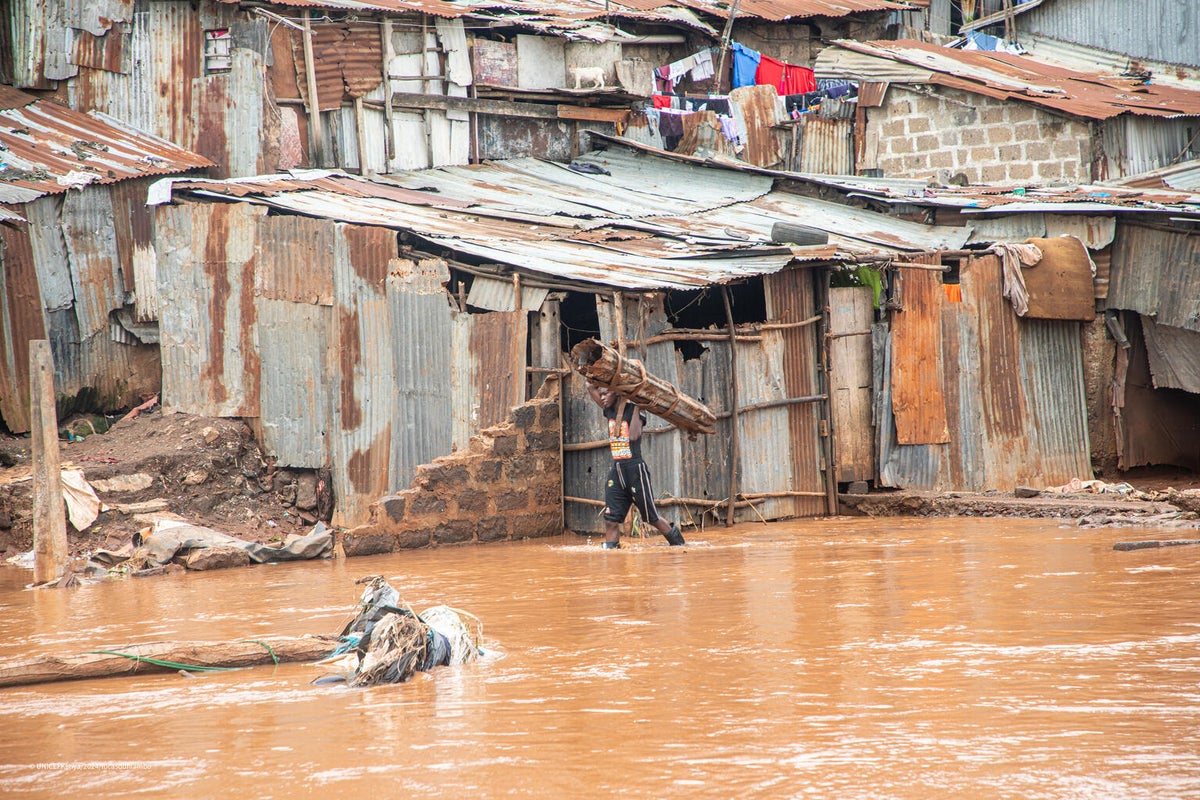
UNICEF and our partners have been supporting ongoing efforts to scale up the government-led flood response in Kenya by helping to distribute critical essentials including clean water, sanitation and hygiene (WASH) supplies to flood-affected communities.
Climate change is changing childhood. Together, we can protect children now and into the future
As floods, storms, and other extreme weather events become more frequent and severe due to the climate crisis, it is children who will bear the brunt of the impact.
"Distressingly, extreme weather is expected to be the norm in Eastern and Southern Africa in the years to come. Without sustainable responses, the future of children hangs in the balance. We need to take decisive action now to ensure that they not only survive but thrive in the challenging years ahead."
Together, we are already making a difference. Thanks to the generosity of people like you, UNICEF is working tirelessly to protect children from the effects of climate change, delivering lifesaving support during climate emergencies and helping vulnerable communities become more resilient to climate shocks.
Climate Emergency
Climate is the biggest threat facing the world's children today. Protect them in a changing climate by donating today.
Related articles
Stay up-to-date on UNICEF's work in Australia and around the world









